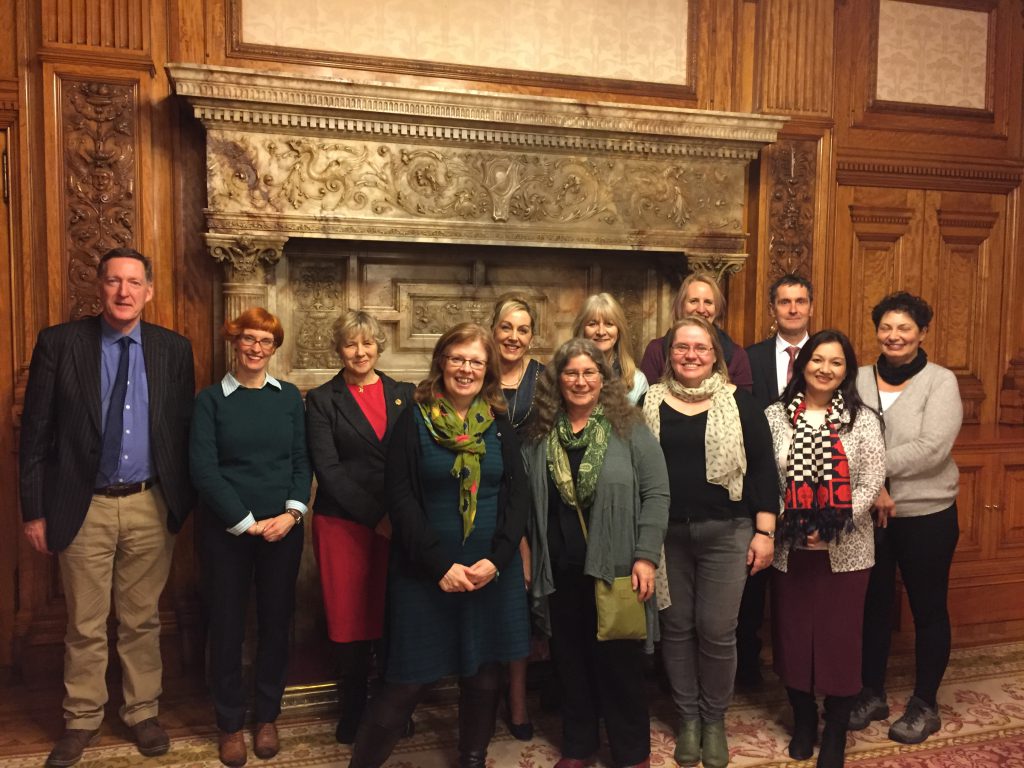This seminar was prompted by the following questions:
- How do experts understand the concept of ‘voice’ (in terms of Article 12) when working with young children? What does ‘authentic voices’ mean in relation to children aged seven and under?
- How are current practices (pedagogic and methodological) being used to elicit voice with young children?
- What range of specific research tools and practices are there that facilitate the elicitation of authentic voices when researching the perspectives of children aged 7 and under?
- What are the overarching ethical considerations of eliciting voice and what are the specific practices associated when working with children aged 7 and under?
- Can children aged 7 and under have an informed voice? If so, in what areas (and in what areas can they not have an informed voice) and how is this decision made?
Attending this event were:
Kate Wall (Strathclyde University)
Claire Cassidy (Strathclyde University)
John I’Anson (Stirling University)
Aileen Nicholls (CELCIS
Lorna Arnott (Strathclyde University)
Gerard McKernan (Glasgow Early Learning Centre)
Carol Robinson (Brighton University)
Julia Flutter (Cambridge University)
Pia Christensen (University of Leeds)
Mallika Kanyal (Anglia Ruskin University)
Elaine Hall (Northumbria University)
INTERNATIONAL CONTRIBUTORS
Ingrid Pramling (Gothenburg University, Sweden)
Sue Dockett (Chrales Sturt University, Australia)
An overview of the 4 days of discussions can be seen in our graphic minutes. They are also published in the International Journal of Student Voice (link to come)
A civic reception was held at the Glasgow City Chambers

A public lecture was held. The poster can be downloaded here and video of the presentations given can be accessed here:
Ingrid Pramling (Gothenburg University, Sweden)
Sue Dockett (Chrales Sturt University, Australia)
Panel discussion – Elaine Hall, Mallika Kanyal, Gerard McKernan and Carol Robinson
Save
Save
| 
